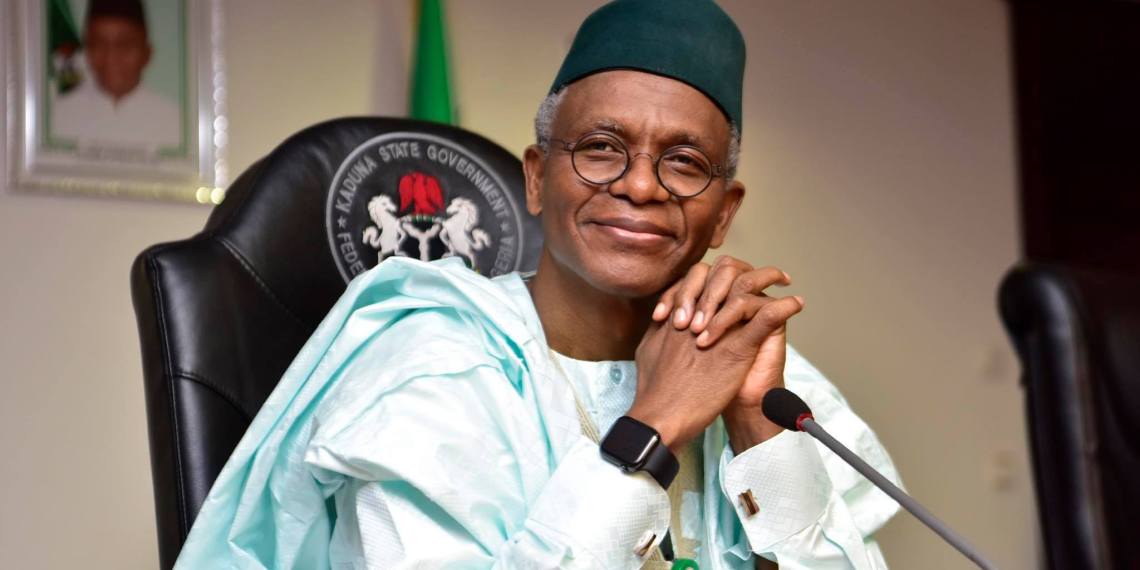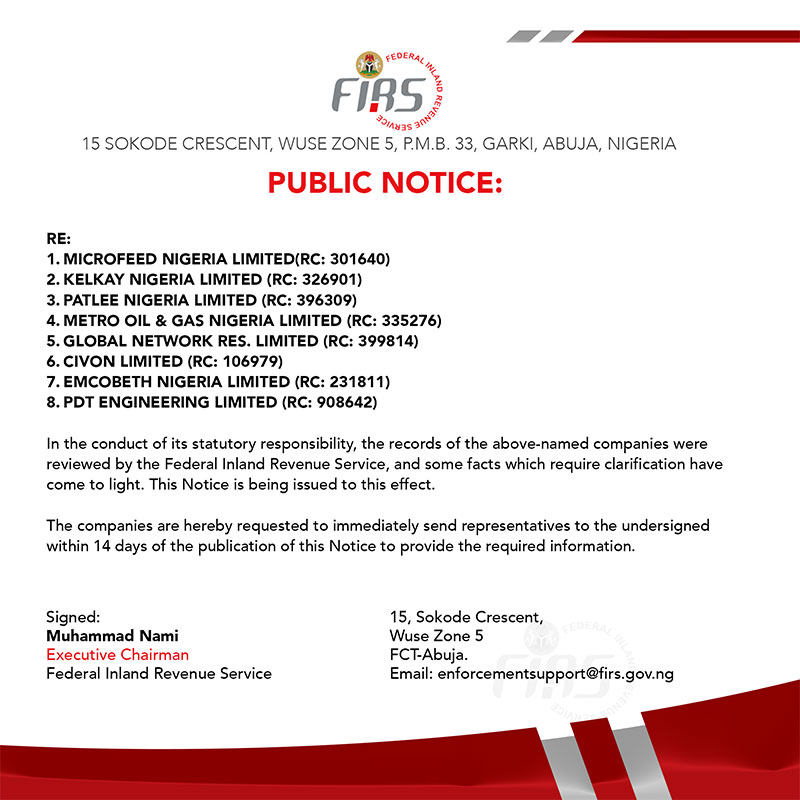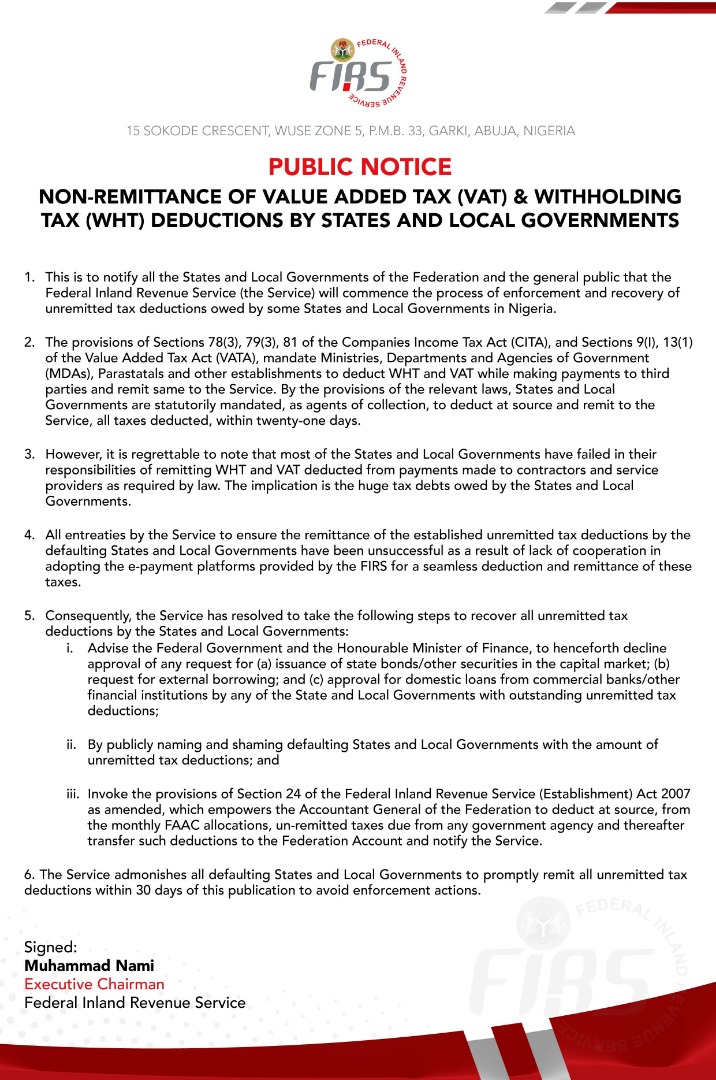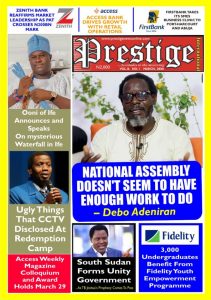The intense race for the influential Zazzau throne began following the demise of the long-reigning Emir Idris, on September 20. Mr Idris died at 84.
Barring any last-minute change in plans, the Kaduna State Governor, Nasir El-Rufai, will today (Wednesday) name a new emir for the influential Zazzau emirate following the passage of Emir Shehu Idris at on September 20.
Emir Idris, who was enthroned as the emir of Zazzau in 1975 died at 84 after reigning for 45 years.
The late Emir of Zazzau in Kaduna State, Shehu Idris.
There have been speculations in the past few days over who the governor’s choice for the position would be.
Extensive checks by PREMIUM TIMES in the past 24 hours suggest that Mr El-Rufai may have settled for Ahmed Bamalli, Nigeria’s immediate past ambassador to Thailand and Myanmar.
Mr Bamalli has long been speculated as the governor’s preferred pick for the throne, although the Kaduna State government has repeatedly denied that Mr El-Rufai has preference for any of the contenders for the position. But the governor has never been shy in saying he would assert his power as the ultimate decision maker in the emergence of a new emir for the emirate..
However, reliable and knowledgeable sources familiar with the Kaduna government’s plan to name a successor for the late Emir Idris told PREMIUM TIMES the chances of Mr Bamalli emerging is ‘now brighter than ever’.
All the people interviewed for this report said Mr El-Rufai has in the past few days told close appointees and confidants that he would not appoint as emir a prince that his government had declined to reappoint as district head.
That is in reference to Bashir Aminu, Iyan Zazzau, the man initially speculated as the frontrunner in the race. Mr Aminu, who became district head of Sabon-Gari in 1979, was not reappointed after the government restructured districts and reduced their number from 390 to 77.
In their selection deliberations, the Zazzau Emirate kingmakers ranked the Iyan Zazzau number one among contenders for the throne.
PREMIUM TIMES reported how the kingmakers excluded Mr Bamalli from the shortlist of three submitted to the governor penultimate Friday.
“It is unclear why the kingmakers, who were well aware of this (government’s refusal to reappoint Mr Aminu) thought they could secure the elevation to emir of someone that an incumbent government did not appoint to a lesser office,” one of our sources, a government insider, said.
That argument appears to have effectively eliminated Mr Aminu from the race.
Another source said the Kaduna governor has also signalled to his close aides that he would take a decision that would save the number of ruling houses in Zazzau Emirate from shrinking from four to two.
He is said to have lamented that the succession to the emirship of Zazzau had become a relay between the Barebari and the Katsinawa dynasties who have held the throne for the last 100 years.
One associate quoted Mr El-Rufai as saying he would start the process of giving justice to the Mallawa and Sullubawa ruling houses who have long been excluded from the throne.
PREMIUM TIMES learnt that apart from appointing Mr Bamalli of the Mallawa dynasty to succeed Emir Idris, Mr El-Rufai may proceed to amend the state’s chieftaincy law to input a rotational arrangement so that the Sullubawa dynasty can take its turn whenever the throne becomes vacant again.
The governor is said to have argued in the past days that the appointment of Mr Bamalli as Emir of Zazzau will preserve the viability of all the four ruling houses in the emirate.
The Barebari, Katsinawa, Mallawa and Sullubawa houses have all produced at least one emir each, but the Barebari and Katsinawa dynasties have dominated the last 100 years, with two consecutive Katsinawa successions from 1959.
The Katsinawa ruling house has ruled Zazzau Emirate for 61 unbroken years, following the appointment of Emir Aminu in 1959 in succession to Emir Jafaru Dan Isyaku of the Barebari ruling house. The recently departed Emir Idris succeeded Emir Aminu in 1975.
Neither the Mallawa nor the Sullubawa dynasties has had one of their members on the throne in the last 100 years.
Available records show no Mallawa emir has reigned since 1920, when the last of the four emirs that that ruling house produced died. The reign of the only Sullubawa emir ended in 1857, after only three years on the throne. It has been a long 163 years since then.
The Barebari have produced nine emirs for a cumulative reign of 83 years. The Katsinawa dynasty has ruled for a cumulative 82 years through four emirs, including the last two Emirs of Zazzau.
“The prolonged exile of two ruling houses from the throne threatened their royal claims with extinction with the passage of time,” an official quoted Mr El-Rufai as saying.
“There is no reason to reduce the plurality of options available to occupy the throne from the traditional four ruling houses.
“Apart from preserving the royal status of all the ruling houses, the governor also appears to want to signal that direct succession from father to son is not the preferred option. That rather, it should be viewed as an exception, not the rule, something to be considered only in the unlikely instance that no credible and acceptable candidate directly descended from a previous emir was available.
“This planned rejection of direct succession mode would help relieve kingmakers of the sense of obligation that comes naturally with the affection they develop for a long-reigning monarch, who may have appointed or retained them in their positions and whose grace may have afforded them favours.
“They may likely transfer this affection to the offspring of their benefactor, skewing the selection process in favour of the incumbent dynasty. This would have the unsavoury consequence of imposing a de facto monopoly of one dynasty on what is formally a structure of four ruling houses.
The arguments over the exclusion of the Mallawa and the Sullubawa dynasties from the throne for prolonged period appear to have knocked out Munir Ja’afaru of the Barebari dynasty and Aminu Idris of the Katsinawa ruling house from the race.
There are speculations in Zaria, the seat of the Zazzau Emirate, that Mr Aminu may mount a legal challenge if not selected as the emir.
Asked what Mr El-Rufai and his government would do if this happens, an official of the state government, who asked not to be identified because he had no permission to discuss the matter with the media, said, “Litigation over succession in the Fulani emirates is rare. Even the bitter contest for the Kano throne in 2014 between Sanusi Lamido Sanusi and the children of the late Emir Ado Bayero did not lead to litigation.
The official said the emergence of speculation that the Zazzau Emirate might be split into four emirates is seen as a subtle message by some princes who are enraged by the threat of legal action and “are prepared to countenance unprecedented steps as the lasting antidote to the monopoly of one or two ruling houses.”
When contacted for comments, the spokesperson for the Kaduna Governor, Muyiwa Adekeye, said, “Government will update the public as soon as it has any information. I can only advice your paper to be patient and await a formal announcement. Please, let us not raise tension unnecessarily.”
The intense race for the influential Zazzau throne began following the demise of the long-reigning Emir Idris, on September 20. Mr Idris, who died at 84, ascended the throne in 1975.
PREMIUM TIMES reported that four princes from three ruling houses were in the forefront in the race for the coveted throne. There were Mr Aminu; Mr Bamalli; Yeriman Zazzau, Munir Ja’afaru; and the Turakin Zazzau, Aminu Idris.
This newspaper reported penultimate Friday that the kingmakers recommended three of the contenders based on a grading and voting system agreed and executed by the five kingmakers.
Mr Aminu was graded highest by the kingmakers with 89 per cent grade and 3 votes while Mr Ja’afaru came second with 87 per cent and one vote.
The son of late Emir Idris, Aminu Idris, was graded 53 percent with one vote, putting him in the third position. Mr Bamalli was eliminated from the contest.
In the report sighted by PREMIUM TIMES, no reason was given for the kingmaker’s low grading of Mr Bamalli but palace sources said the kingmakers rated him low because his father did not occupy the Zazzau throne.
The Kaduna Government later accused some of the kingmakers of receiving bribe and of compromising themselves during the selection process.
That selection process was nullified. On September 30, the government asked the kingmakers to restart the selection process.
The government claimed it took the decision because the initial process excluded two interested applicants while two candidates were assessed without the sighting of their their CVs.
The government also complained that the report of the selection meeting of September 24 2020 was leaked to the media before its receipt by the state governor.
The move was seen in some quarters as the government’s way of bringing back Mr Bamalli back in the turf after his exclusion by the kingmakers.
The kingmakers then did a fresh screening of all the 13 candidates that indicated interest in the throne from all the ruling houses, including the two previously excluded.
The report of the assessments were submitted to the governor for his consideration and announcement of a successor to Emir Idris.
Source: PREMIUM TIMES





























